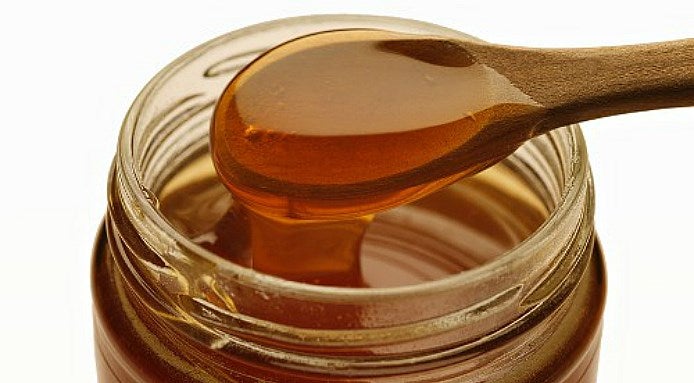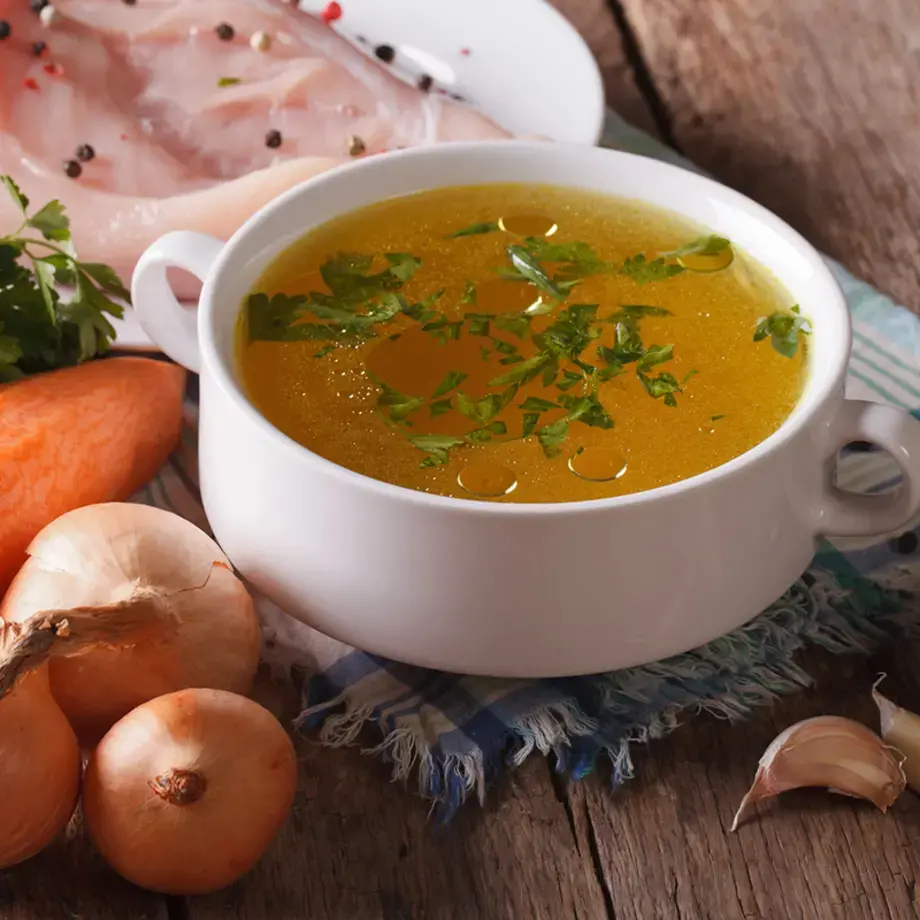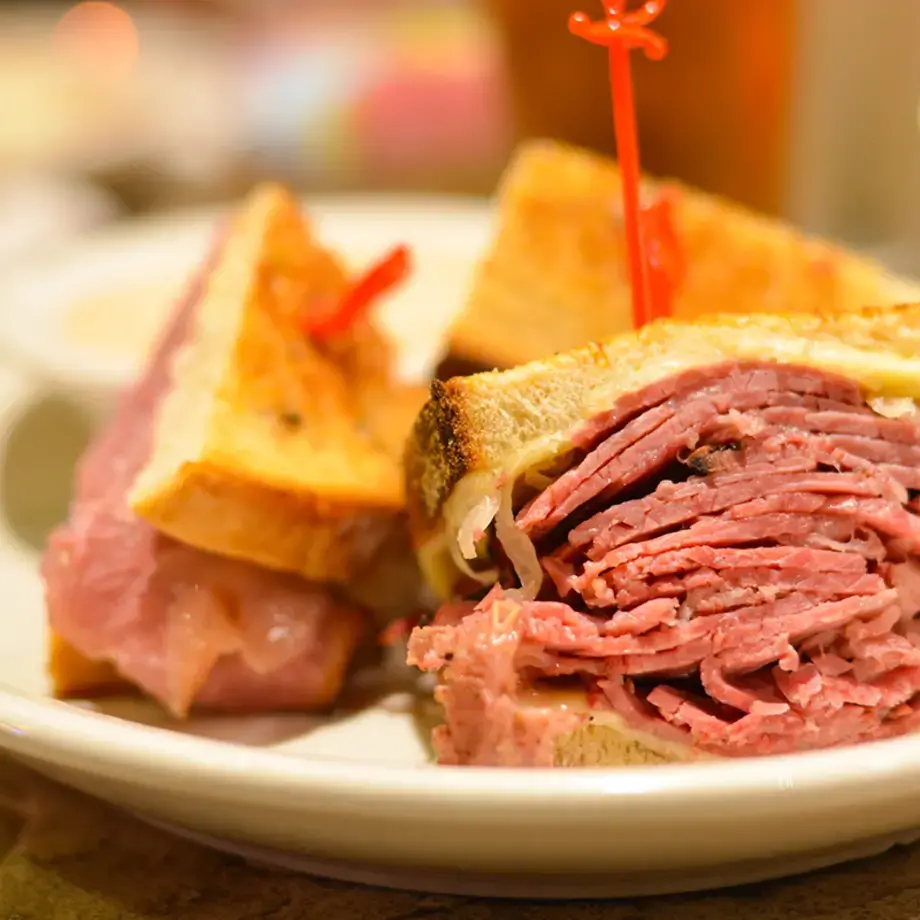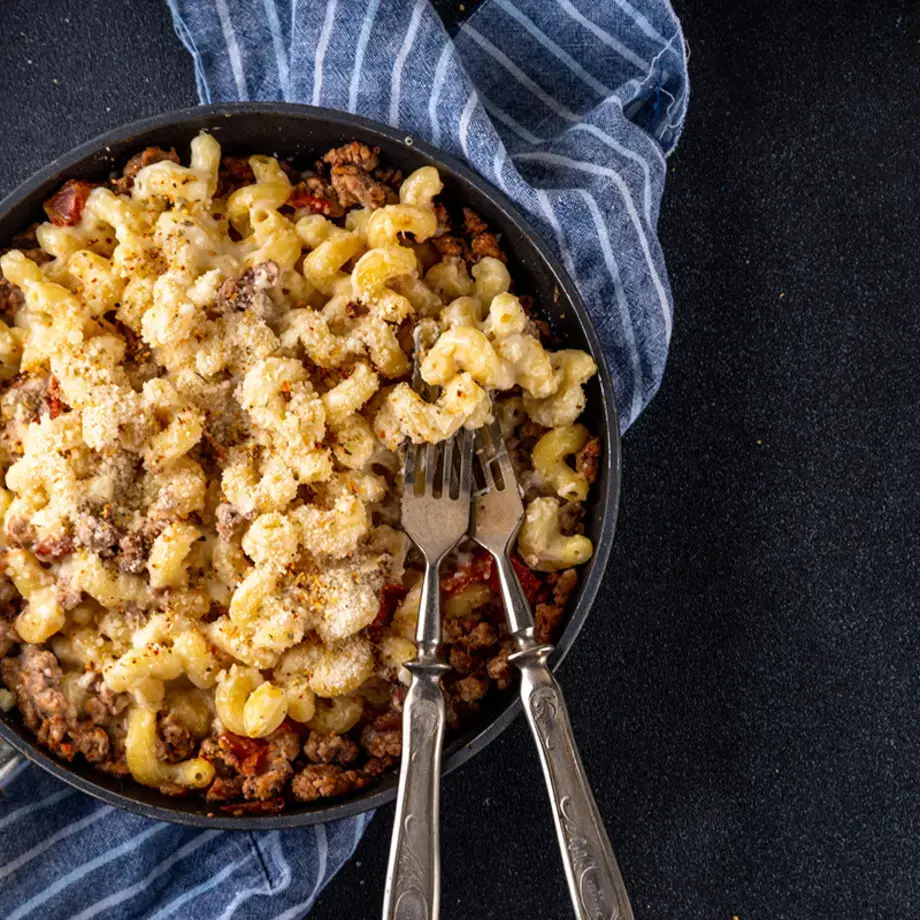Manuka honey has been around for centuries, but it's only in recent years that this elixir from New Zealand has become quite popular in Europe, Asia and the Americas. Just like celebrities like Gwyneth Paltrow do, you can get the best out of its benefits by consuming one or two teaspoons of manuka honey each day for good health.
But what exactly is manuka honey? How should you eat it? Let's take a look.
What is manuka honey?
This very special honey is the product of bees that feed on the Manuka tree native to Australia, New Zealand, and Southeast Asia. It is in the same family of trees where tea tree oil, another powerful ingredient to have in your arsenal, comes from.
The main difference between regular honey and Manuka honey is that while regular honey contains hydrogen peroxide, an antibacterial agent, Manuka honey has even stronger properties. Researchers have discovered that manuka honey retains all of its antibacterial, antifungal and antimicrobial properties, which makes it a powerhouse for treating everything from acne to ulcers, cuts and wounds. Manuka honey contains several special compounds: methylglyoxal (MGO), dihydroxyacetone (DHA), and leptosperin. MGO is formed from DHA, and is antibacterial without producing antibiotic-resistant bacteria long term.
Manuka honey has also been shown to have anti-inflammatory properties, and can encourage the growth of repair cells on small wounds and burns. Additionally, Manuka honey may help to treat certain skin conditions. It can also help a sore throat and have digestive health properties, though the research in these areas is not conclusive.













